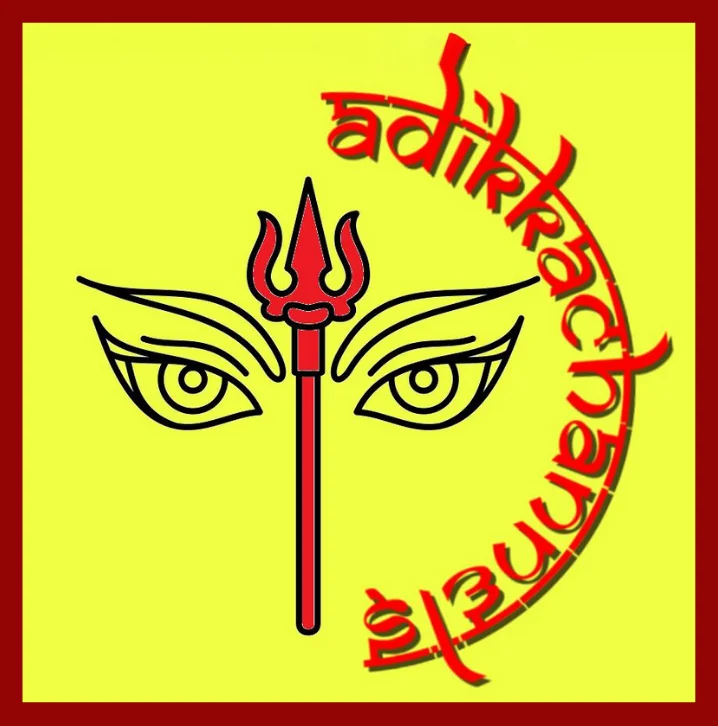In the ancient land of India, there lived a horse named Ashwa. He was a strong and powerful animal and lived a comfortable life in the royal stable of a king. He was fed with the best quality of hay, grains, and grass, but he was not satisfied with what he had. He wanted more and more.
One day, Ashwa saw a lush green patch of grass outside the stable. The grass was fresh and juicy, and Ashwa wanted to eat it. He stretched his neck and tried to reach it, but the grass was too far. He became restless and impatient, and he started to feel that his life was incomplete without that grass.
Meanwhile, the grass was also aware of the horse’s desire. It knew that it was essential for the horse’s survival, but it also knew that the horse was not content with what he had. The grass decided to teach the horse a lesson on dharma and karma.

The grass spoke to the horse and said, “Oh horse, I am here to serve you and provide you with nourishment. But you seem to be discontented and unhappy with what you have. You are always searching for more, but you forget to be grateful for what you already have. Your desire for more is causing you suffering, and it is leading you away from your dharma.”
The horse was surprised to hear the grass talking, but he understood the message. He realized that his desire for more was causing him suffering and leading him away from his dharma. He felt ashamed of his behavior and asked the grass for forgiveness.
The grass forgave the horse and taught him the importance of gratitude, contentment, and selflessness. The grass explained that the horse’s dharma was to serve the king and carry out his duties with sincerity and dedication. The horse understood the message and felt a sense of contentment and peace.
The horse became grateful for the hay, grains, and grass that he was already receiving. He started to appreciate the diversity of life and realized that every being had a unique role to play in the ecosystem. He also learned the importance of generosity and selflessness and started to share his food with other animals in the stable.
The grass was pleased with the horse’s transformation and continued to serve him with love and compassion. The horse also felt a sense of unity with the grass and other beings in the ecosystem, and he understood that his actions had consequences and that he could earn positive karma by following his dharma.
This story teaches us the importance of gratitude, contentment, and selflessness. It reminds us that our desires can lead us away from our dharma and cause us suffering. It also teaches us the importance of ecology and how every being has a unique role to play in the ecosystem.
Let us learn from the horse and the grass’s lesson on dharma and karma and strive to be content and grateful for what we have. May we also learn to be generous and selfless towards others and work towards the common good of all living beings.
Discover more from AdikkaChannels
Subscribe to get the latest posts sent to your email.





































 RSS - Posts
RSS - Posts